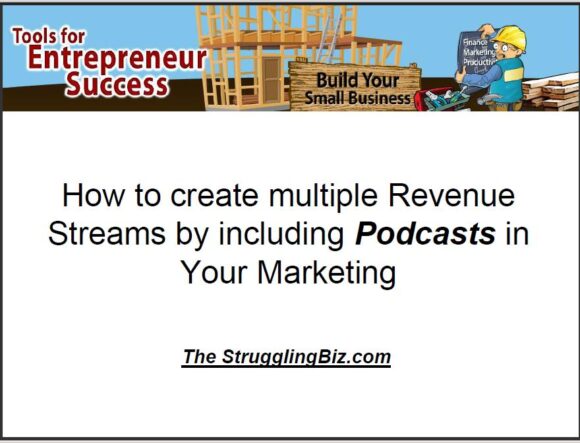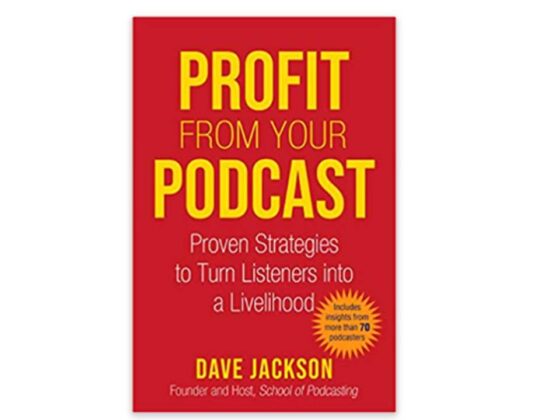Podcast: Play in new window | Download
In this episode of The Podcast Reporter show, we look at the role of entrepreneurs for the coming year of 2023 from the perspective of a struggling entrepreneur — namely myself.
One of the reasons for this point of view is the probability of a new or an aspiring small business entrepreneur of reaching success in a certain direction or with the support of the current and near-future media to assist in helping to spread the word of his solutions for different clients, as well as the possible revenue that one should expect in reality and not in pure hope.
Well, one of the aspects of New Media today is the successful growth and expansion of the podosphere to include millions of podcast shows — and more importantly, the ability to monetize them. So for yourself as an entrepreneur, you may wish to examine how podcasting can create assets that will generate revenue streams for you.
In fact, there is a presentation that I gave at a Podcast conference that outlines how multiple revenue streams can add to the value of your business and generate success for you. The presentation link is given here, under the image of the title page of the presentation — and you can view the presentation with PowerPoint.
 Revenue-streams-by-podcasting-and-New-Media-2020
Revenue-streams-by-podcasting-and-New-Media-2020
Now, in addition to the revenue streams that I, myself, mentioned in my presentation, there is another authority that may be of greater value in creating plans for generating successful revenue streams. This authority comes from a book by Dave Jackson (who is a podcaster with his show, School of Podcasting) with the book’s title being “Profit from Your Podcast”:

This book lists many ways for an entrepreneur to create methods of creating multiple revenue streams. And having been in podcasting since 2005, Dave has experience from his own career, as well as stories from successful startups and entrepreneurs and small business owners of how to add to their income — and some of them have even left their day-jobs and external careers to become full-time podcasters and make podcasting their sole living.
So, what does this mean in terms of success perspectives for 2023?
Perhaps you can ADD to your business by creating and incorporating podcasts as an asset that will bring multiple revenue streams for you within a few months (depending upon which ones you select and wish to plan for and execute and follow up).
In fact, you do not even have to KNOW how to podcast, for you can get tutorials, courses and learning assets that can step you through the process — or you can hire others to do the basic grunt work to get your podcast show created, get the episodes up and running and get the web site, the management system (like WordPress) and the marketing and show notes and promotion, as well as the follow up and planning to review and monitor the progress and success of your show.
Here is where Dave Jackson’s book can assist you in creating and selling your own products via podcasting, as well as sponsorship (i.e., advertising ads within episodes), in addition to affiliate marketing and crowdfunding in addition to sales at live events, or courses and webinars.
My perspective is that here is where the difference will be in adding more revenue and profit within your business with the sleeping giant of podcasting. However, not all revenue streams will be large and immediate. The PATIENCE factor lies here for the podcaster to create, plan and monitor the growth of the revenue streams and their value for months and even years.
But 2023 could be the start of an addition to the entrepreneur for growing your revenues with assets that will definitely add value to your proposed audiences.
So I salute you in 2023 with my perspective of the “sleeping giant” for new revenue streams for your business with the addition of podcasting to add to your success of your business.
Thank you for your attention, and thanks for listening.
Copyright (c) 2022, Matrix Solutions Corporation and michaelandmike.com. All rights reserved.










